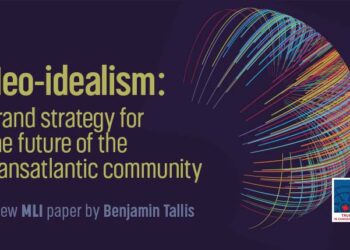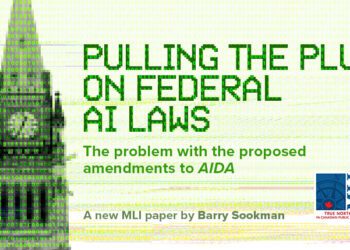By Ken Coates and Greg Finnegan
December 19, 2022
Executive Summary
Indigenous governments are expanding rapidly and concurrent with that growth has been the rapid and comprehensive development of an Indigenous civil service across the country. The emergence and growth of this professional class, providing Indigenous communities with the managerial and policy-making expertise, is one of the central elements in the transformation of Indigenous government in Canada.
The paper is able to provide some context to the challenges facing Indigenous civil services. It examines the significant growth of Indigenous government employment, the relative importance of such employment, and the differences in earnings between Indigenous and non-Indigenous employees. It analyses the Yukon specifically because it offers some useful lessons in the value of First Nations self-government. Finally, it delves into issues of employment seasonality and the extent to which wages are not keeping pace within Aboriginal public administration compared to other levels of government.
The paper identifies a number of challenges Indigenous governments face. Among them are that many are simply too small to have the expertise, training, or administrative support to leap through complex bureaucratic hoops. They lack the human resources and professional capacity to fully engage with the more senior levels of government. This makes them often dependent upon outside consultants, who do the work, but pass little of the learning and knowledge through to Indigenous governments and their staff.
One long-term solution is the development of a First Nations professional civil service. Such a solution would start with Indigenous governments developing their own civil service with the ability to define their own social and economic priorities and develop policies that reflect their traditional cultures.
Yukon provides a good example of what can be done. It has been one of the fastest growing Canadian jurisdictions for years now – it grew by 42.5 percent from 2001 to 2021. Even more impressive is that employment in Aboriginal public administration increased from 867 in January 2002 to 2,052 in June 2022 – a growth rate of 136.7 percent.
The Yukon administrative environment has been transformed by Aboriginal land claims agreements. Since the finalization of an agreement in 1990, 11 Yukon First Nations have brought into effect final land claim settlements and self-government agreements. Each of these First Nation governments started to build a bureaucratic structure with civil servants managing a wide range of portfolios. Indigenous people working in Aboriginal public administration in the Yukon in 2016 had incomes that were far higher than those of Indigenous Aboriginal public administration employees across Canada on average.
Despite Yukon’s achievements in Indigenous civil service, most northern governments have not yet figured out the best way of managing the small size of many of their communities. The result has been the significant over-governance of the North generally, although most of the northern provincial regions (with the exception of Northern Quebec and most of Labrador) suffer from a problem of under-governance. A comprehensive review of the appropriate service levels and administrative support provided to smaller settlements is required.
There are a number of other steps that the various levels of government should consider. Indigenous governments should seek to broaden greater cooperation among each other through such measures as establishing a single Indigenous tourism promotion unit for the North. Special attention must be paid to the prospects for aligning major government programs – health, education, and economic development – with Northern realities. Further, where possible, the governments of small and remote Indigenous communities should work with regional Indigenous leaders to determine if they can realistically provide services collectively to reduce overhead and redundancies.
The transformation of Indigenous governance in the last 50 years has been remarkable. It has evolved from tiny Indian band administrations run and dominated by federally appointed Indian agents to, in a growing number of cases, constitutionally protected self-government nations with long-term funding arrangements and substantial, locally controlled administration. To a substantial degree, the emergence of an Indigenous civil service may prove to be one of the most important innovations in the past half-century.







